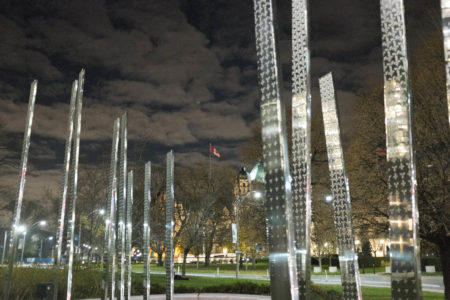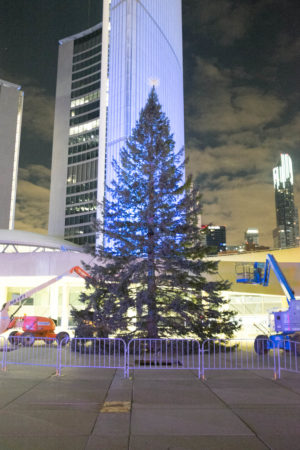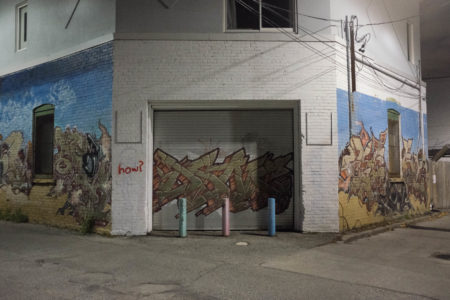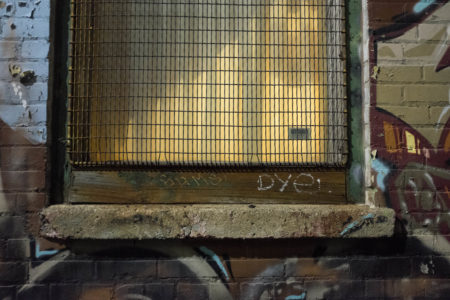Can world famous track cyclist Robert Förstemann power a 700 watt toaster with an electrical generator connected to a bike?
Author: Milan
Belliveau on the CFFD movement
Having missed its importance after putting it on a to do list back in May 2019, I have printed off Emilia Belliveau’s 2018 master’s thesis from UVic about the fossil fuel divestment movement in Canada, and particularly how it has affected the movement’s organizers.
That’s my main research question as well, making it surprising that I didn’t see the extent of this document’s overlap until I rediscovered it.
I will have a few different responses in my dissertation once it is published, but it’s a relief to say that this document hasn’t called attention to anything massive which I have missed. Incorporating it, therefore, it mostly a matter of adding additional references in the lit review and footnotes.
Related:
Metal stakes
2020 Christmas tree
Streetcar tracks
Globes and canopy
Operation DeFam
In Jurassic Park, the t-rex isn’t able to see people unless they are moving. Something similar really happens in our own brains: once we expect to see something in a certain place and arrangement with other things we effectively stop seeing it. We’re habituated and it becomes part of the background.
In life generally I appreciate the value of defamiliarization — the benefits which can arise from breaking up the expected order. That can be as basic as changing how you light things. Looking at my room for the first time using just a bright flashlight and no room lights, I saw so many cobwebs in the stucco that I immediately had to vacuum the ceiling. Try using just a flashlight in any dark and familiar room and you’ll start to see it differently as you are reminded of things which have become so familiar they’re forgotten.
Going a step further, we can maintain a dynamic living situation by insisting on moving things around. My standard rule is that unless something is a genuinely useful special-case item which gets brought out every few years to save the day then anything which you own which you haven’t touched for six months you probably don’t need. One way to bring all this out and think it over is to reorganize your space. Swap the bed for the bookcase and see how waking up in the morning feels.
A move-in-place is another tactic. When we had a gap between flatmates I was able to use the largest room for the equivalent of doing a defrag operation on a hard drive. I opened every box and container, laid everything out, and then decided what should be kept, archived, or gotten rid of and how the kept things should be organized.
An experiment which I invented yesterday is the “use desk.” Previously, I kept on my desk a mixture of materials for reference, tools I use daily, tools which seem appealing to keep on hand, and decorative objects. As I was cleaning my clear glass desktop, it occurred to me that I would have more usable space and fewer distractions with a rule that only things I am actually currently using for work should be on the desk. I’m going to try it for a few weeks and will report back on the effect.
One corner of a two-alley intersection
Shue on intergenerational climate responsibility and vulnerability
“Doing nothing” about climate change in the sense of simply continuing business as usual is — far from actually doing nothing — continuing to change the environmental conditions that future generations will face for the worst. To persist in the activities that make climate change worse, and thereby make living conditions for future generations worse, is not merely to decline to provide protection. It is to inflict danger, and to inflict it on people who are vulnerable to us and to whom we are invulnerable. The relationship is entirely asymmetric: they are at our mercy, but we are out of their reach. Causation runs through time in only one direction. Lucky for us.
Shue, Henry. “Deadly Delays, Saving Opportunities” in Pachauri, Rajendra Kumar, Stephen Gardiner, Simon Caney, Dale Jamieson, and Henry Shue. Climate Ethics: Essential Readings. Oxford: Oxford University Press, 2010. p. 151
Related:
- Climate change and conflict between generations
- Climate change and generations
- Open thread: climate justice
- Gardiner on climate ethics and moral corruption
- Sustainability as an intergenerational project
- Climate economics and the discount rate
- Endless Canadian delay on climate change mitigation
- Morality of climate inaction






